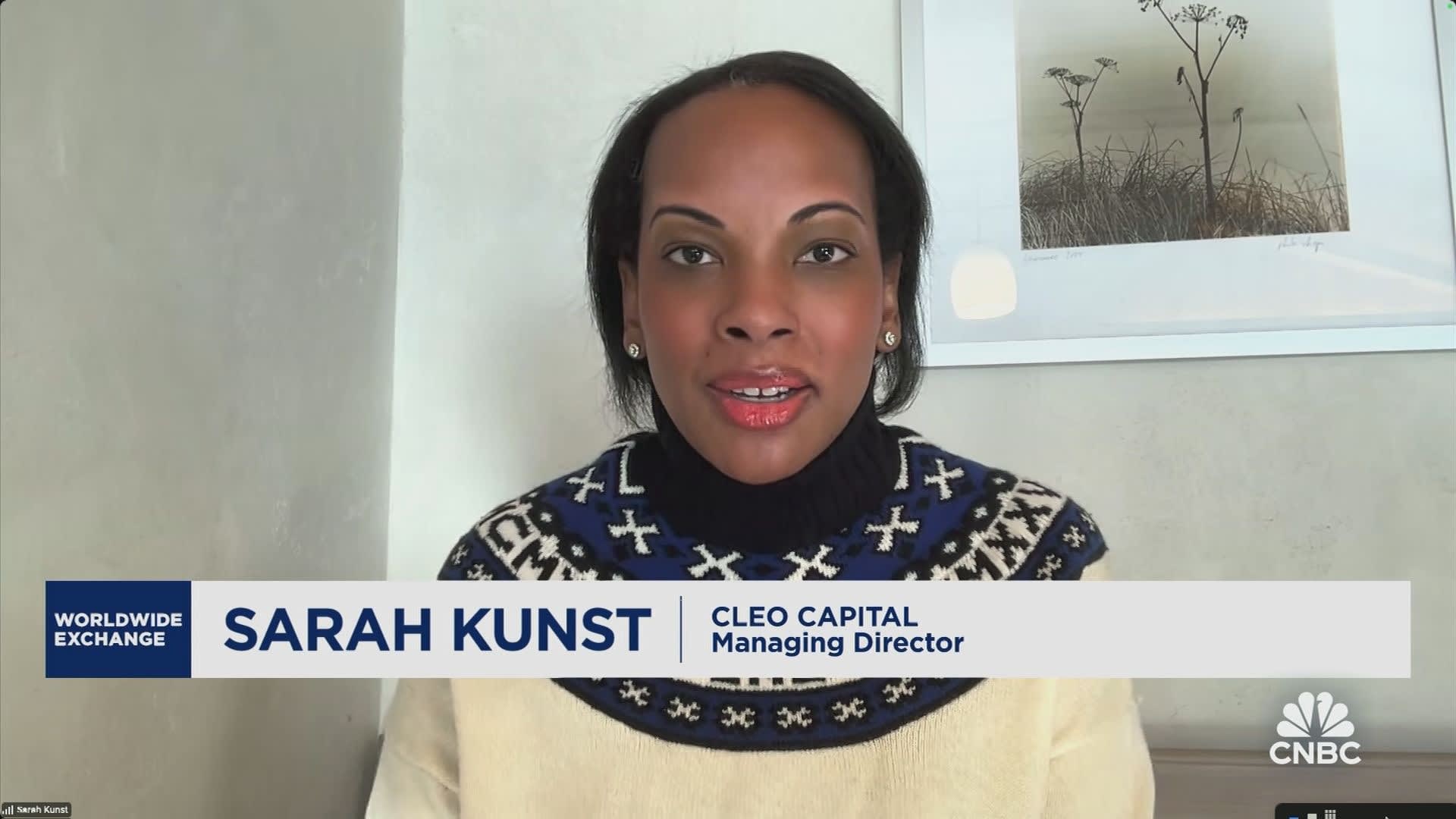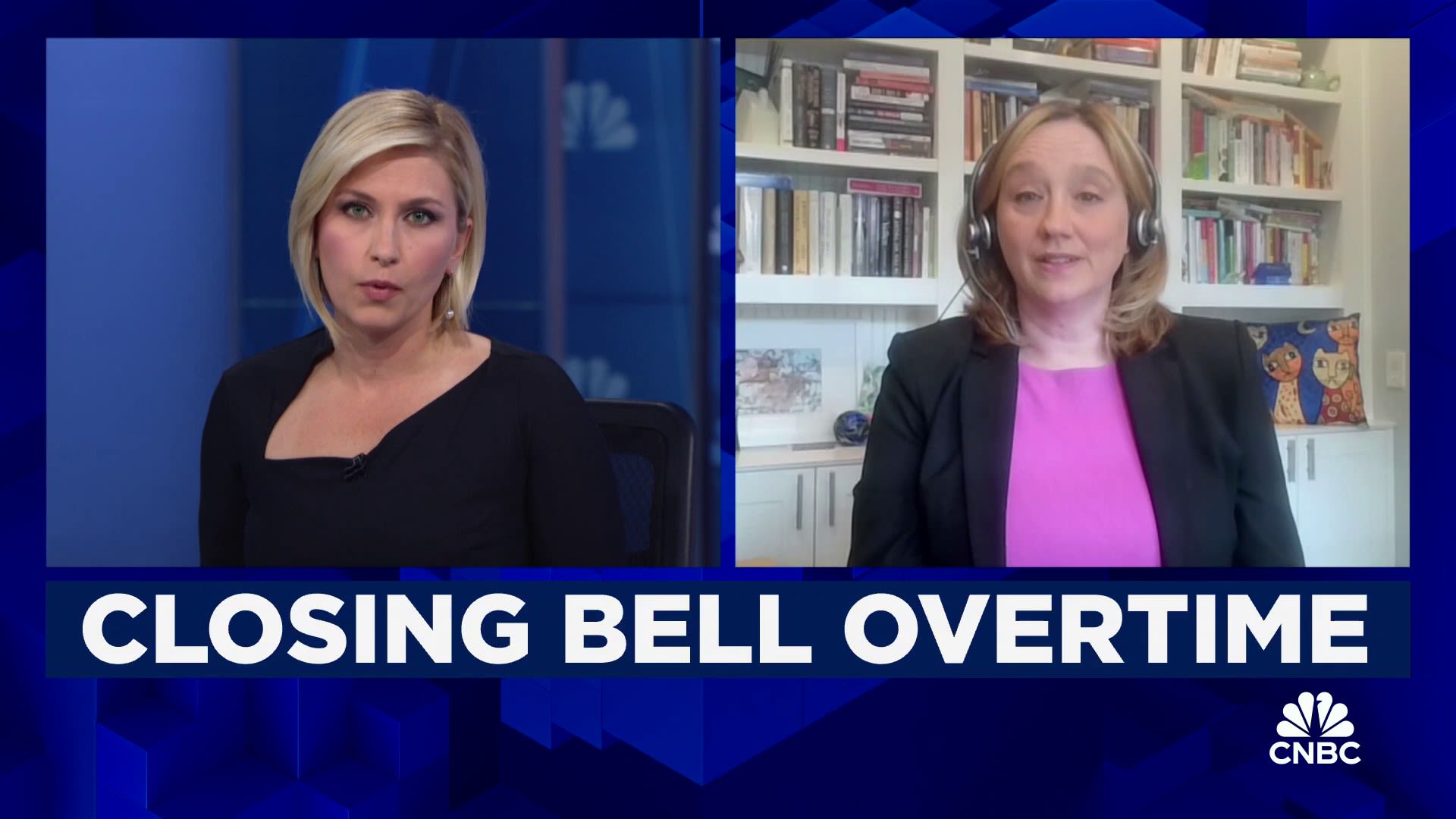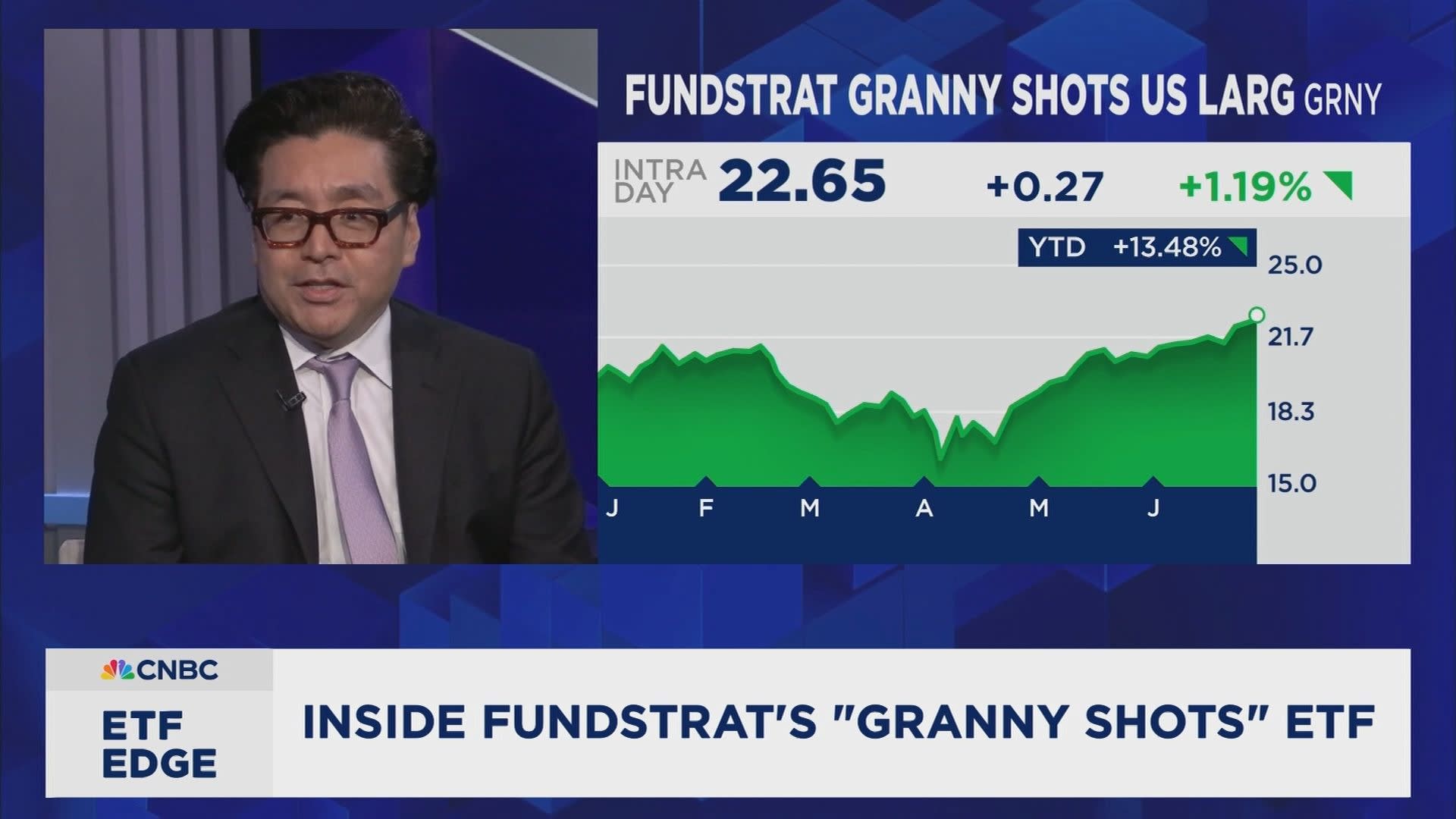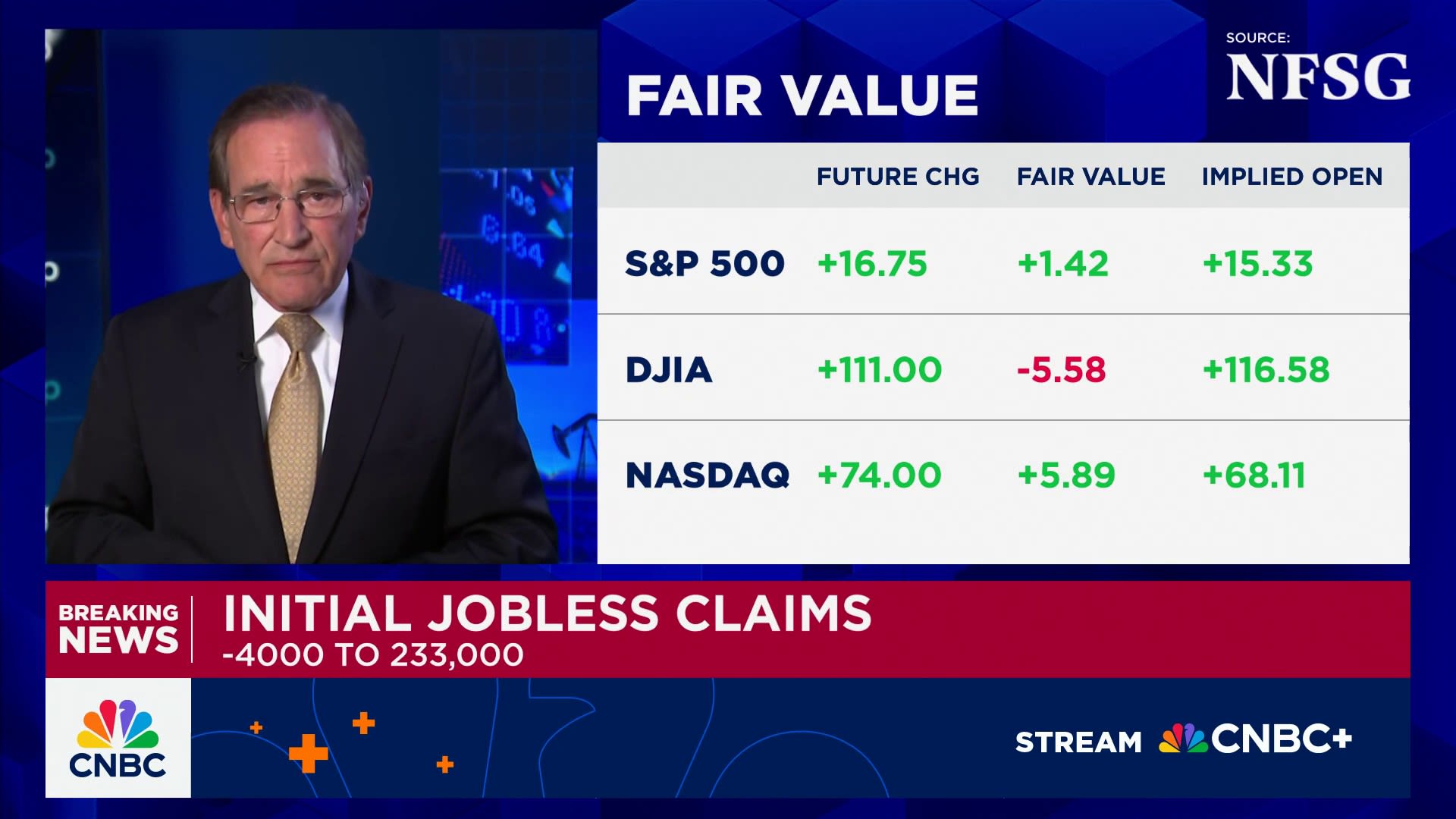Traders on the New York Stock Exchange floor on Sept. 9, 2024.
Spencer Platt | Getty Images News | Getty Images
September historically hasn’t been kind to stock investors.
Since 1926, U.S. large-cap stocks have lost an average 0.9% in September, according to data from Morningstar Direct.
September is the only month during that nearly century-long period in which investors experienced an average loss, according to Morningstar. They saw a profit in all other months.
For example, February saw a positive 0.4% return, on average. While that performance is the second-lowest among the 12 months, is still eclipses September’s by 1.3 percentage points. July reigns supreme with an average return of almost 2%.
The monthly weakness also holds true when looking just at more recent periods.
For example, the S&P 500 stock index has lost an average 1.7% in September since 2000 — the worst monthly performance by more than a percentage point, according to FactSet.
More from Personal Finance:
Don’t expect ‘immediate relief’ from Fed rate cut
Americans have more than $32 trillion in home equity
How a top capital gains tax rate of 28% compares with history
Historically, the last two weeks of September are generally the weakest part of the month, said Abby Yoder, U.S. equity strategist at J.P Morgan Private Bank.
“Starting next week is when it would [tend to get] get a little bit more negative, in terms of seasonality,” Yoder said.
Trying to time the market is a losing bet
Alistair Berg | Digitalvision | Getty Images
Investors holding their money in stocks for the long-term shouldn’t bail, Yoder said.
Trying to time the market is almost always a losing bet, according to financial experts. That’s because it’s impossible to know when good and bad days will occur.
For example, the 10 best trading days by percentage gain for the S&P 500 over the past three decades all occurred during recessions, according to a Wells Fargo analysis published earlier this year.
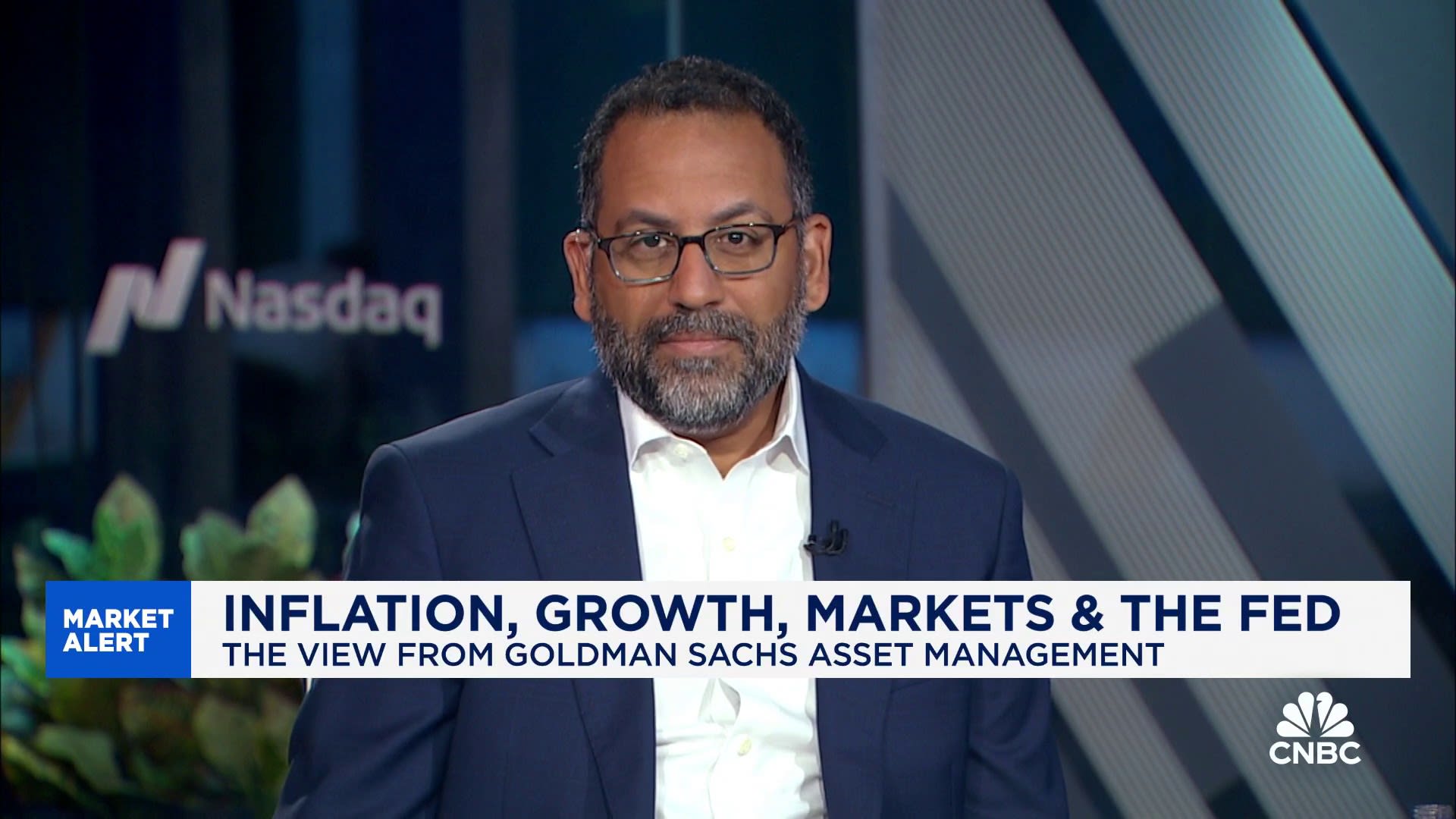
Plus, average large-cap U.S. stock returns were positive in September for half the years since 1926, according to Morningstar. Put another way: They were only negative half of the time.
As an illustration, investors who sold out of the market in September 2010 would have foregone a 9% return that month — the best monthly performer that year, according to Morningstar.
“It’s all just random,” said Edward McQuarrie, a professor emeritus at Santa Clara University who studies historical investment returns. “Stocks are volatile.”
Don’t put faith in market maxims
Similarly, investors shouldn’t necessarily accept market maxims as truisms, experts said.
For example, the popular saying “sell in May and go away” would have investors sell out of stocks in May and buy back in November. The thinking: November to April is the best rolling six-month period for stocks.
It’s all just random.
Edward McQuarrie
professor emeritus at Santa Clara University
“History shows this trading theory has flaws,” wrote Fidelity Investments in April. “More often than not, stocks tend to record gains throughout the year, on average. Thus, selling in May generally doesn’t make a lot of sense.”
Since 2000, the S&P 500 saw gains of 1.1% from May to October, on average, over the six-month period, according to FactSet. The stock index gained 4.8% from November to April.
Historical reason for September weakness
There is a historical reason why stocks often fared poorly in September prior to the early 1900s, McQuarrie said.
It ties into 19th century agriculture, banking practices and the scarcity of money, he said.
At the time, New York City had achieved dominance as a powerful banking hub, especially after the Civil War. Deposits flowed to New York from the rest of the country during the year as farmers planted their crops and farmer purchases accumulated in local banks, which couldn’t put the funds to good use locally, McQuarrie said.
New York banks would lend funds to stock speculators to earn a return on those deposits. In the early fall, country banks drew down balances in New York to pay farmers for their crops. Speculators had to sell their stock as New York banks redeemed the loans, leading stock prices to fall, McQuarrie said.
“The banking system was very different,” he said. “It was systematic, almost annual and money always got tight in September.”
The cycle ended in the early 20th century with the creation of the Federal Reserve, the U.S. central bank, McQuarrie said.
‘It gets in the psyche’
Golero | E+ | Getty Images
September’s losing streak is somewhat more baffling in modern times, experts said.
Investor psychology is perhaps the most significant factor, they said.
“I think there’s an element of these narratives feeding on themselves,” said Yoder of J.P Morgan. “It’s the same concept as a recession narrative begetting a recession. It gets in the psyche.”
There are likely other contributing elements, she said.
For example, mutual funds generally sell stock to lock in profits and losses for tax purposes — so-called “tax loss harvesting” — near the end of the fiscal year, typically around Oct. 31. Funds often start giving capital-gains tax estimates to investors in October.
Mutual funds seem to be “pulling forward” those tax-oriented stock sales into September more often, Yoder said.
I think there’s an element of these narratives feeding on themselves.
Abby Yoder
U.S. equity strategist at J.P Morgan Private Bank
Investor uncertainty around the outcome of the U.S. presidential election in November and next week’s Federal Reserve policy meeting, during which officials are expected to cut interest rates for the first time since the Covid-19 pandemic began, may exacerbate weakness this September, Yoder said.
“Markets don’t like uncertainty,” she said.
But ultimately, “I don’t think anybody has a good explanation for why the pattern continues, other than the psychological one,” McQuarrie said.

